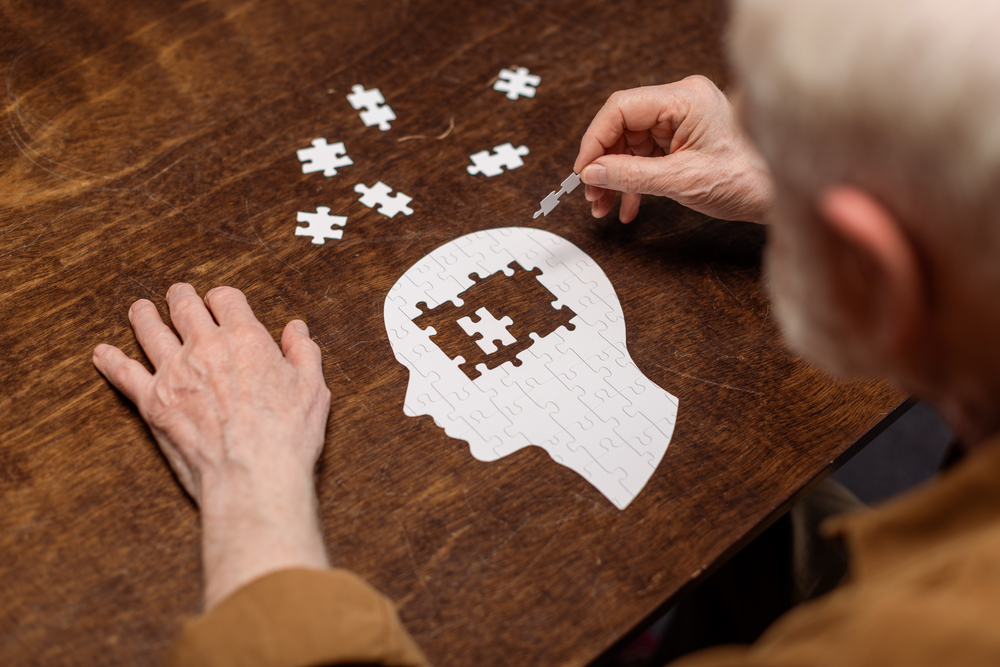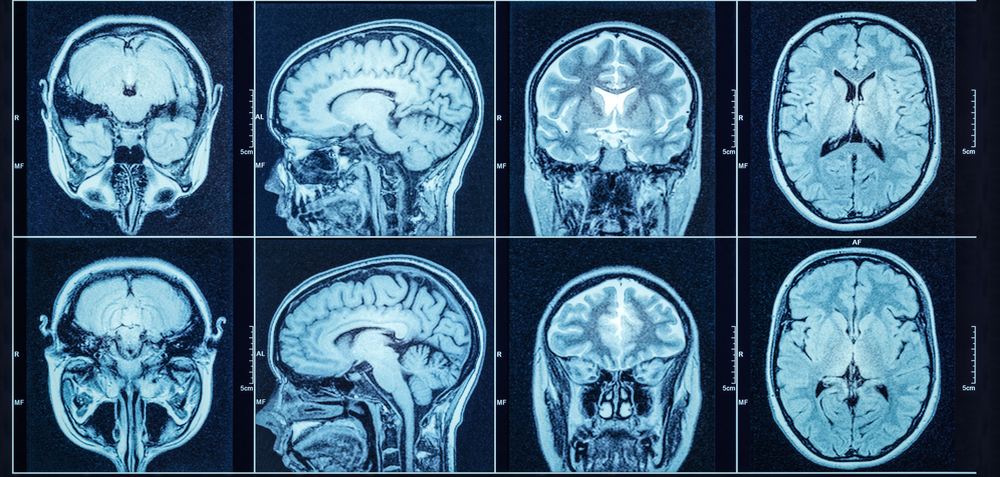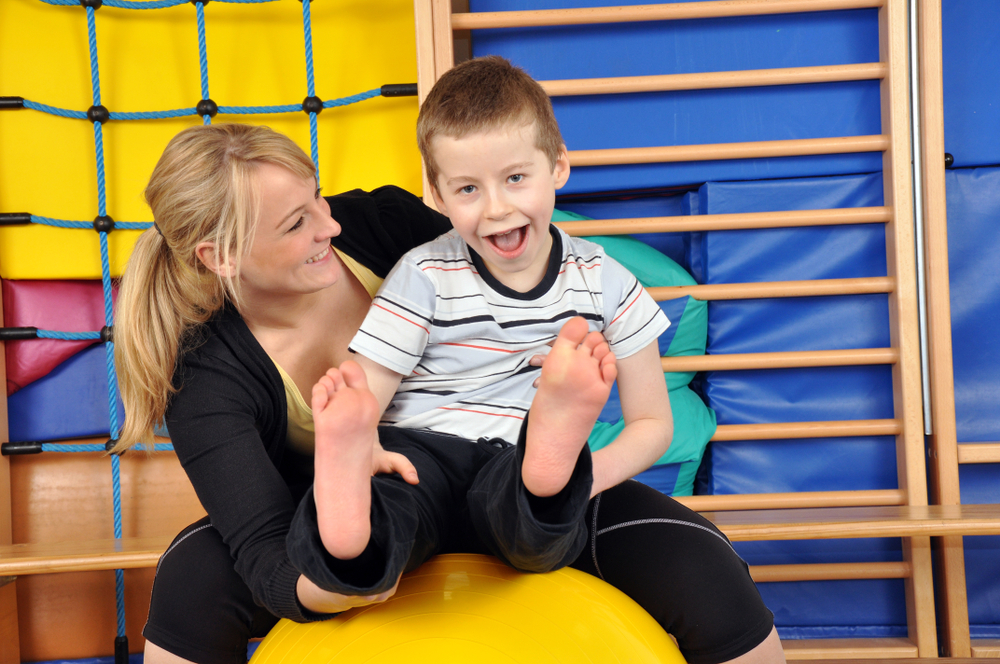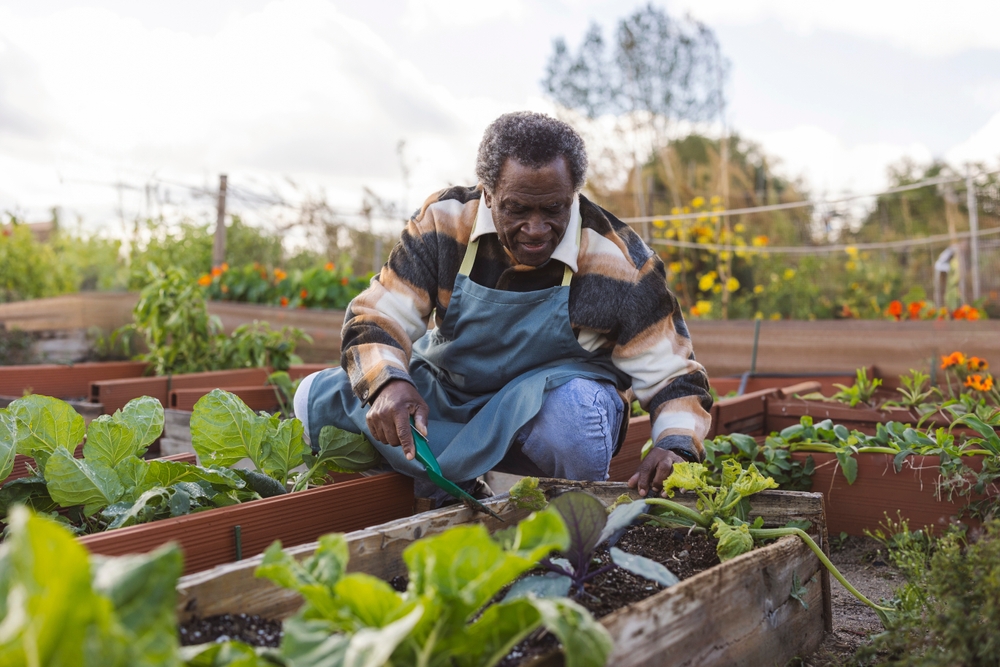Make an Appointment
When a friend or family member is living with dementia, everyday conversations can become challenging, leaving caregivers feeling disconnected and uncertain about how to truly engage. Improving communication isn’t just about exchanging words, it’s about reconnecting on an emotional level, slowing the progression of symptoms, and enriching the lives of both the caregiver and the individual with dementia. This blog offers strategies and practical techniques to help you re-engage with your loved one while also exploring approaches that can empower the person with dementia to reconnect with themselves and their family.

Understanding Dementia and Its Impact on Communication
What is Dementia?
Dementia is a broad term used to describe a range of conditions that affect cognitive functioning, memory, and communication skills. It is a progressive condition that can alter the way a person processes information, making everyday interactions challenging. As the disease advances, individuals may find it increasingly difficult to express themselves and understand others, which can lead to feelings of isolation and frustration.
Communication Challenges in Dementia
Difficulty Finding the Right Words:
Individuals may struggle to articulate their thoughts or recall familiar words.
Misinterpretation of Social Cues:
Changes in cognitive functioning can make it hard to read facial expressions or body language.
Emotional Expression:
The ability to express emotions verbally may diminish, though non-verbal cues often remain.
Reduced Attention Span:
Shorter attention spans can lead to fragmented conversations and misunderstandings.
Understanding these challenges is the first step in adapting your communication style to better connect with your loved one.
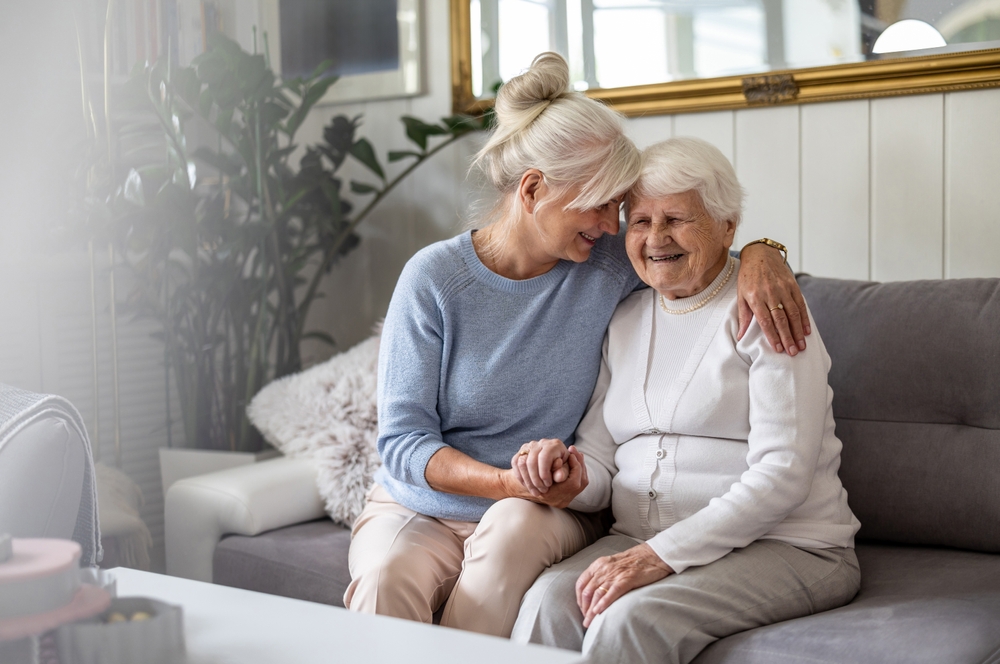
Effective Communication Strategies for Caregivers
When communicating with someone with dementia, your approach can make a world of difference. Here are some strategies to consider:
Be Patient and Present:
Give your loved one time to process information and respond. Maintain eye contact and show genuine interest in their words. Your calm presence can help create a secure environment for conversation.
Use Simple, Clear Language:
Break down your sentences and speak slowly. Simple, direct language minimizes confusion and helps the person grasp your message.
Validate Their Emotions:
Acknowledge their feelings, even if their words don’t fully make sense. Simple affirmations like “I understand” or “That sounds difficult” can help validate their experience and reduce frustration.
Incorporate Visual Cues:
Utilise gestures, pictures, or written prompts to support your conversation. Visual aids can often bridge gaps when words fall short.
Engage in Shared Activities:
Sometimes, communication is best achieved through doing. Engage in familiar activities like cooking, gardening, or simple art projects, which can provide natural conversation topics and reduce the pressure of “talking.”
Strategies for Enhancing Communication for the Individual with Dementia
Improving communication isn’t only beneficial for caregivers; there are techniques and activities that can help the person with dementia reconnect with themselves and their family:
Cognitive and Sensory Stimulation:
Engage in activities that stimulate the mind and senses, such as puzzles, music therapy, or gentle exercise. These activities can help maintain cognitive function and support clearer communication.
Reminiscence Therapy:
Encourage the use of photos, music, and memorabilia to spark memories and facilitate conversations about the past. This can be a powerful way to reconnect and share meaningful stories.
Adaptive Communication Tools:
Consider tools like picture boards or simplified communication apps designed for individuals with cognitive impairments. These aids can assist in expressing needs and emotions more clearly.
Routine and Structure:
Establish a consistent daily routine that includes regular, calm moments for conversation. A predictable environment helps reduce anxiety and improves engagement.

Allied Health Support and Resources
Improving communication and daily functioning in dementia often requires professional support. Allied health professionals can offer guidance tailored to both the caregiver and the individual with dementia:
Occupational Therapy:
Occupational Therapy services can help modify the environment and develop adaptive strategies that ease communication challenges.
Speech Pathology:
Speech Pathology services focus on enhancing communication skills, providing techniques to support clearer expression and better understanding.
Mobile Physiotherapy/Exercise Physiology:
Mobile Physiotherapy and Mobile Exercise Physiology services can assist with physical activities that promote overall well-being, which indirectly support improved communication by enhancing energy levels and mood.
Additionally, organisations like Dementia Australia offer valuable resources and support networks that can guide you through the challenges of dementia care.
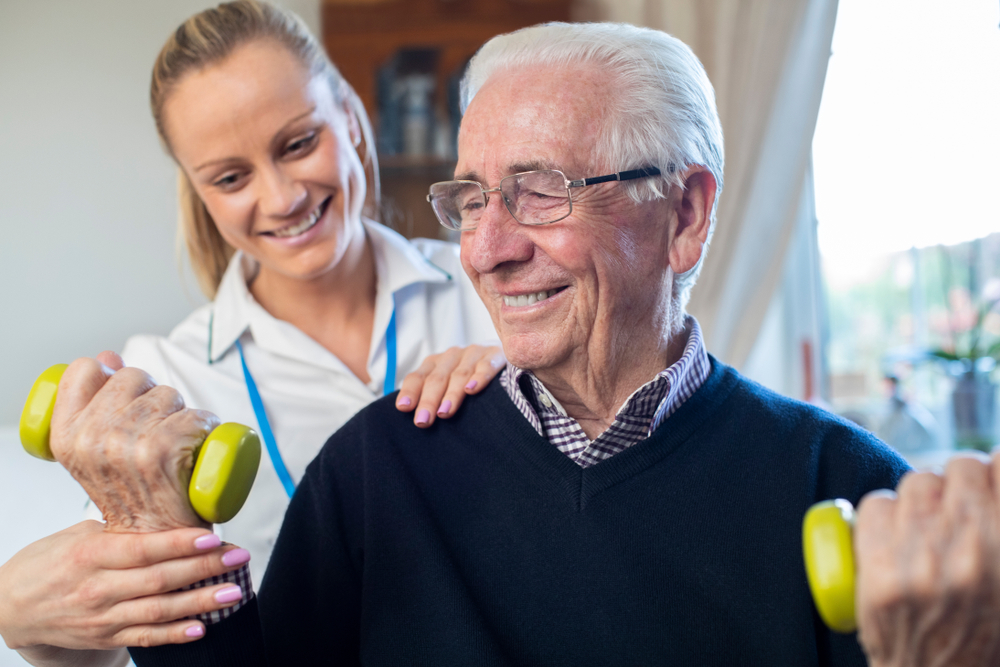
Celebrating Positive Outcomes
When communication strategies are tailored and supported by professional guidance, both the caregiver and the individual with dementia can experience transformative benefits:
Stronger Emotional Bonds:
Improved communication fosters deeper connections, allowing you to re-engage with your loved one and share meaningful moments.
Enhanced Daily Functioning:
Adaptive techniques and a supportive environment can lead to smoother daily routines and increased independence for the person with dementia.
Improved Emotional Well-Being:
Effective communication reduces frustration and anxiety, creating a more positive atmosphere for both parties.
Renewed Sense of Purpose:
Both caregivers and individuals with dementia can experience a renewed sense of connection and purpose through improved interactions.

Frequently Asked Questions
How can I improve communication with someone with dementia?
By using clear, simple language, incorporating visual cues, being patient, and engaging in shared activities, you can create a supportive environment that enhances communication.
What activities can help my loved one reconnect?
Activities such as reminiscence therapy, gentle physical exercise, and cognitive stimulation through puzzles or music can help maintain cognitive function and promote better interaction.
What tools are available to support communication?
Assistive tools like picture boards, communication apps, and adaptive devices can bridge communication gaps. Professional guidance from speech pathologists and occupational therapists can help you choose the best options.
Where can I find support and advice?
Allied health professionals at Physio Inq offer tailored services such as Occupational Therapy and Speech Pathology to assist you. Additionally, organisations like Alzheimer’s Australia provide valuable resources.
How can these strategies benefit both me and my loved one?
By improving communication, you can reconnect with your loved one, create meaningful interactions, and support their ability to express themselves - leading to enhanced emotional well-being and a stronger bond.

Conclusion
Improving communication with someone who has dementia can transform the caregiving experience, re-establishing emotional connections and fostering a supportive, nurturing environment. With the right strategies, from clear, compassionate communication techniques to engaging activities that stimulate both mind and body, caregivers can help their loved ones reconnect and thrive.
Every approach is as unique as the relationship you share. By tailoring strategies to your loved one’s needs and seeking professional guidance, you can create a foundation for improved communication, enriched daily interactions, and a brighter future for both of you.
Take the Next Step:
If you’re ready to explore tailored communication strategies and supportive interventions for your loved one, contact us today to book an appointment or make a referral. To learn more about our comprehensive services, please explore:
Embrace a future filled with possibility.

Date Published: Tuesday, March 11, 2025
Locate a Speech Pathology
Service Near me
Get the experience & convinence you deserve to support your or a loved one's allied health needs.
Our Speech Pathology team are currently serving & taking appointments in the following states and regions in Australia:
New South Wales
- Blacktown
- Blue Mountains
- Campbelltown And Macarthur
- Canterbury-Bankstown
- Central Coast
- Central West
- Eastern Suburbs Sydney
- Far West
- Georges River
- Hawkesbury
- Inner East Sydney
- Inner West Sydney
- Lower North Shore
- Murray
- Newcastle
- New England
- North Coast
- Northern Beaches
- North Sydney
- Orana
- Parramatta
- Penrith
- Riverina
- South Coast
- Southern Highlands
- South West Sydney
- Sutherland Shire
- Sydney CBD
- The Hills Shire
- The Hunter
- Upper North Shore
- Waverley
Australian Capital Territory
Northern Territory
Western Australia
Victoria
South Australia
Need to get into direct contact with ur Client Services team? We're all ears. Call our team directly on 1300 731 733
Explore Articles
By Popular Topics
Explore Articles
By Allied Health Services
Explore Articles
By Body Parts

Explore Articles by Allied Health Services
